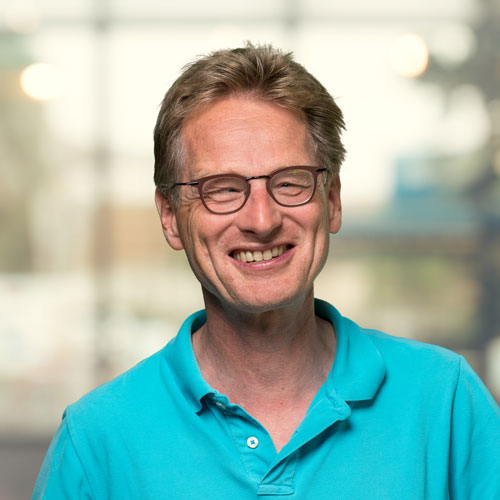Privacy in healthcare: AI with awareness of privacy and security issues
Technically, it is already possible to use artificial intelligence (AI) to determine the chances of survival of cancer patients. However, to be able to do so, the AI system must have access to the databases of various healthcare organisations. The databases in question contain highly personal information. TNO is currently developing a technological solution that will make it possible to safely analyse relevant data from multiple sources but without sharing sensitive information.
To treat cancer patients more effectively, it is essential to have a greater understanding of the factors that influence the impact of treatment and the chances of survival of cancer patients. In other words, patients and doctors alike stand to benefit from a solution that can support such understanding with figures derived from analysing data.
There are of course privacy issues at stake here. They first need to be addressed before AI algorithms actually gain access to databases that contain highly personal information.
Sharing data in healthcare, but without undermining privacy
TNO has found a way of analysing data from different healthcare organisations without actually bringing the data together, and without breaching patients’ privacy. Thanks to multi-party computation, it is possible for AI analyses to be carried out on specific data in various databases. The data is analysed only while still encrypted (unreadable). No personal information about individual patients is shared in the process, so their privacy remains safeguarded.
AI in learning mode
TNO has developed the method in collaboration with the Netherlands Comprehensive Cancer Organisation (IKNL), and is now testing it. During this initial stage, only fictitious data is being used. But the focus is not just on tackling privacy issues.
TNO, IKNL, and other partners are working together with the aim of being able to use even more AI algorithms in a privacy-friendly manner, and without the need to have to wait too long for the outcomes of the calculations. The aim is to acquire fresh understanding, make better treatments possible, and to help reduce the impact of cancer.
These are the major themes for which the solution developed by TNO should be deployed in the near future, but without sensitive data being shared. It really is creating new opportunities. And in other fields, too, there is demand for the use of AI without sharing sensitive information.
Get inspired
Large dataset news organizations for Dutch AI language model GPT-NL
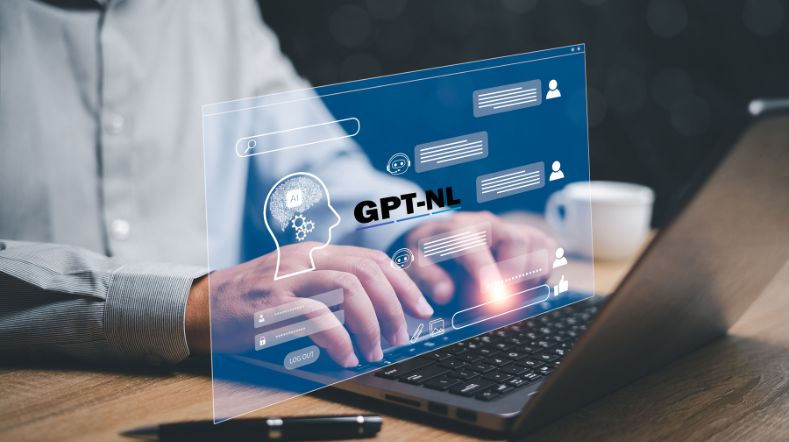

Working on reliable AI
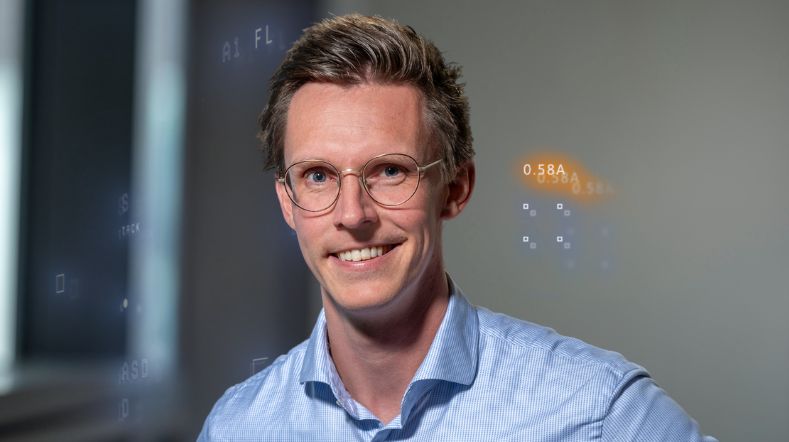

AI model for personalised healthy lifestyle advice
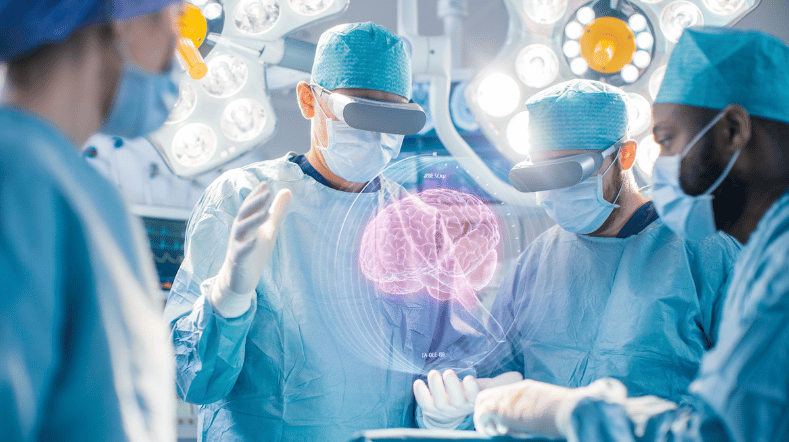

AI in training: FATE develops digital doctor's assistant
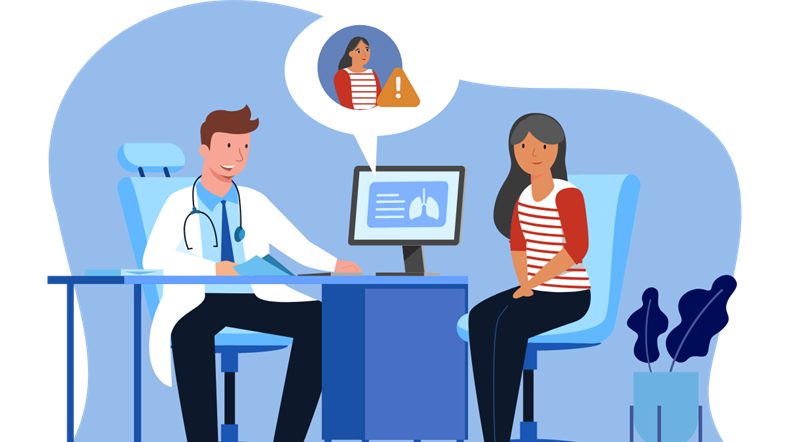

Boost for TNO facilities for sustainable mobility, bio-based construction and AI


